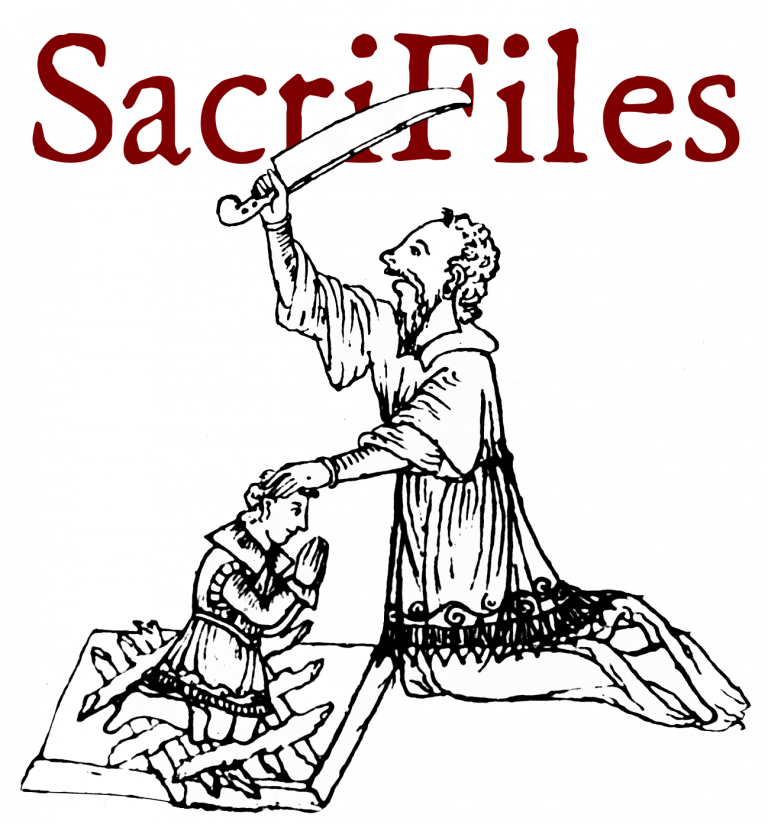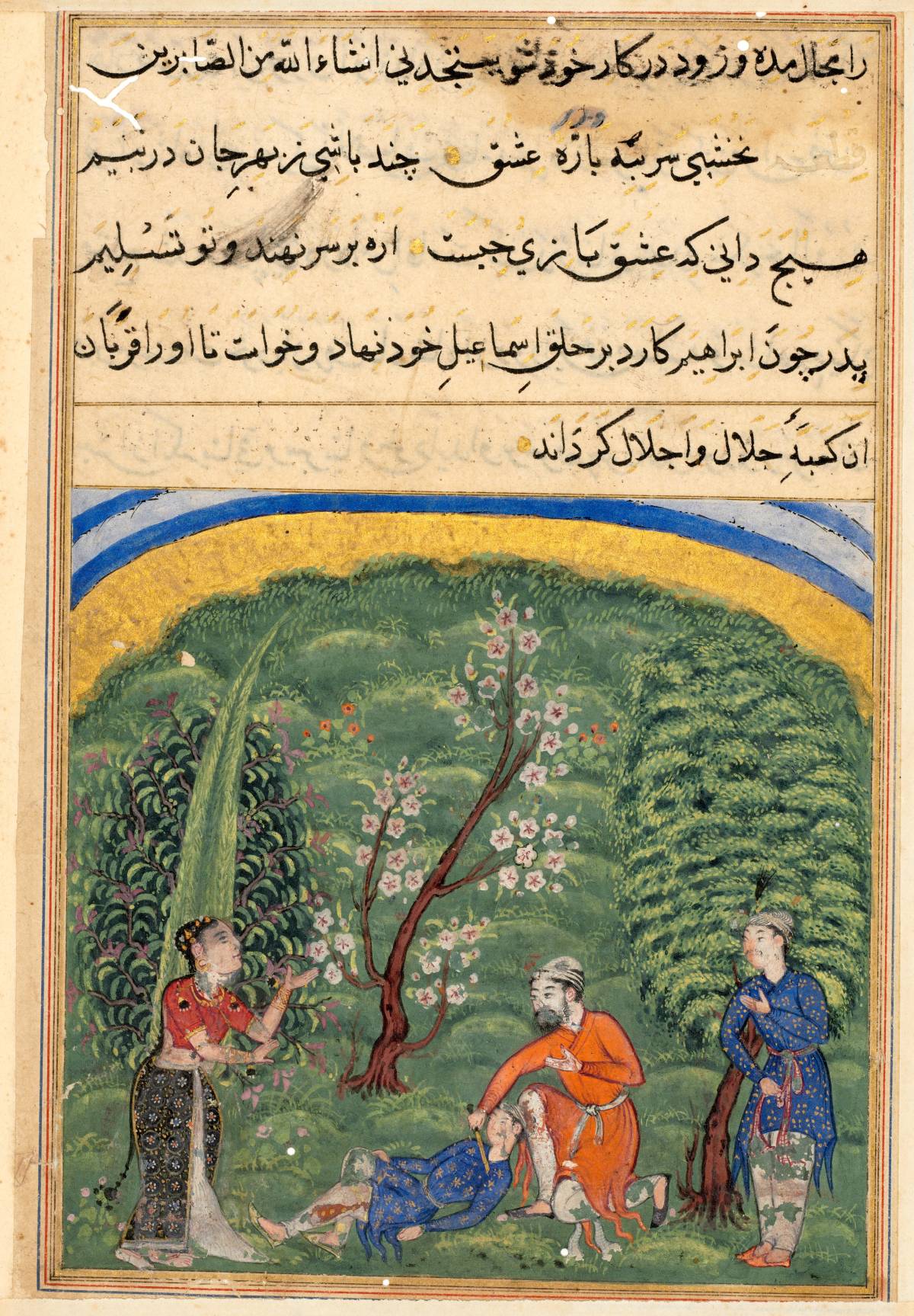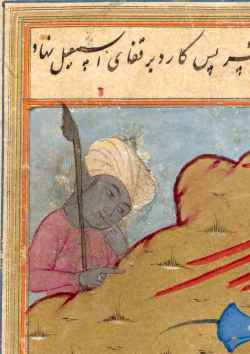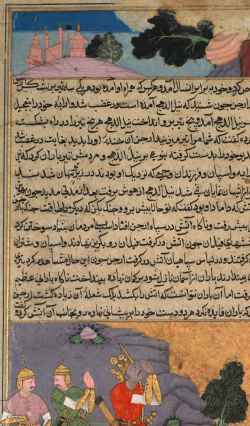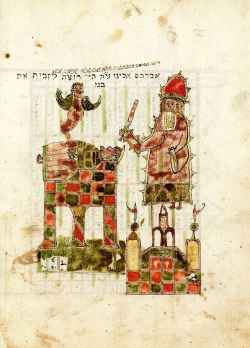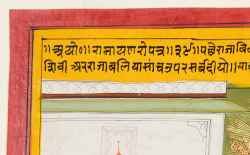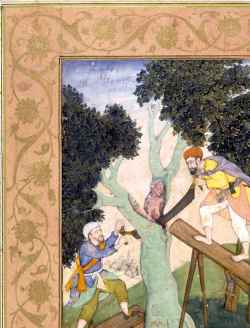The sentinel in the employ of the Shah of Tabaristan prepares to sacrifice his son to the ghost of the Shah’s soul (Mughal India, court of Akbar)
Year: 1560
From: from a Tuti-nama (Tales of a Parrot): Second Night
Location: The Cleveland Museum of Art
External link: www.clevelandart.org
Edited by: Chiara Petrolini
Related Documents:
Ibrâhîm [Abraham] holding a knife is about to sacrifice his son Ismâ'îl (Ishmael) who kneels before him (1580)
from: Qisas al-Anbiyâ [Qazvin?]
The New York Public Library, Spencer Coll. Persian MS. 46
"The First Adventure of the White Horse". The king performed the horse sacrifice in order to determine the extent of his rule. For one year a horse wanders and every land through which the horse passes becomes part of the king’s territory. Arjuna following the horse encountered the son-in-law of the god of fire, Agni, who creates a river of fire to block the warriors. Arjuna pleads with Agni, the god of fire that the horse be allowed to pass, saying that the horse sacrifice is in accordance with sacred Vedic injunctions, and that at the end of the year, the horse will be sacrificed to him, the god of fire himself. (1610-1617)
from: Page from the Khan Khanan's Razm Nama (Book of Wars)
The Cleveland Museum of Art
The Sacrifice of Isaac (1627)
from: Sefer Evronot Manuscript (from Frankfurt am Main)
Hebrew Union College Library, ms. 901, fol. 32v
Queen Kaikeyi reminds King Dasharatha about the sacrifices of King Bali and King Shivi, (c. 1710)
from: folio 39 from the Ayodhya Kanda (Book of Ayodhya) of a Ramayana. Northwestern India, Rajasthan, Rajput Kingdom of Mewar, Court of Amar Singh II
The Cleveland Museum of Art
The martyrdom of the prophet Zakariya, who, taking refuge in a tree, was sawn in half by two men. (1605 - 1610)
from: This album of 104 folios known as the Clive Album
London, V&A Museum
